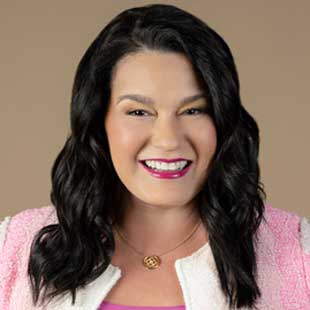 When you first started your business, it was important to create the business you wanted—from the culture to the size to the type of customer. Now that you’ve been at it for some time, whether for months or for decades, it’s just as important to create the future you want…beyond your business.
When you first started your business, it was important to create the business you wanted—from the culture to the size to the type of customer. Now that you’ve been at it for some time, whether for months or for decades, it’s just as important to create the future you want…beyond your business.
It might seem strange, but developing an exit strategy should be one of your first considerations since the business you are spending your life building might become your largest asset. If you want it to fund your retirement and to ultimately stop working, you may need to liquidate your investment.
To prepare to one day sell your business, it needs to be able to operate without you, and it’s never too early to start thinking about how to accomplish this goal. It means something you’ve probably heard at NAWBO quite a few times before: “Work on your business, not in it.” Have an entrepreneurial mindset, not an employee mindset.
A few ways to accomplish this goal are:
- Regularly block out time for strategic thinking
- Focus on your long-term vision
- Make sure your team shares your “big picture” perspective
- Hire the right people who can run the day-to-day
- Delegate and empower your team ongoing
- Automate your business as much as possible
- Monitor customer expectations and satisfaction
- Keep communication lines open and strong
Also consider this: If and when the time comes to sell your business, market conditions will affect your ability. You might want to build flexibility into your retirement plan so you can sell your stake during a strong market or work longer if a recession hits. You definitely want to avoid a distress sale that will impact your ability to sell at a premium.
If you’d rather go a more traditional route other than using your business to fund the future you want—like a 401(k) or IRA—there are options too. Our corporate partner Fidelity Investments recommends, for instance, pooled employer plans designed specifically for small businesses with simple plan choices and fewer administrative burdens.
Another option is a savings incentive match plan for employees, or SIMPLE IRA, available to small businesses. In 2022, employees can defer up to $14,000 of their salary, pretax, and those who are 50 or older can defer even more by taking advantage of a catch-up contribution.
A simplified employee pension, or SEP, is another type of IRA to which small business owners and their employees can contribute. Almost any small business can establish a SEP, and each year, you can decide how much to contribute, so you aren’t locked into making a contribution if your business has a down year. You are also considered an employee and can contribute to your own account
As a business owner, it’s hard to think about one day retiring and exiting the business you built and love. In fact, many say they don’t ever want to fully retire. Still, planning for the future you want is a good idea because it puts you in control; it gives you options for whatever path you choose beyond your business.


